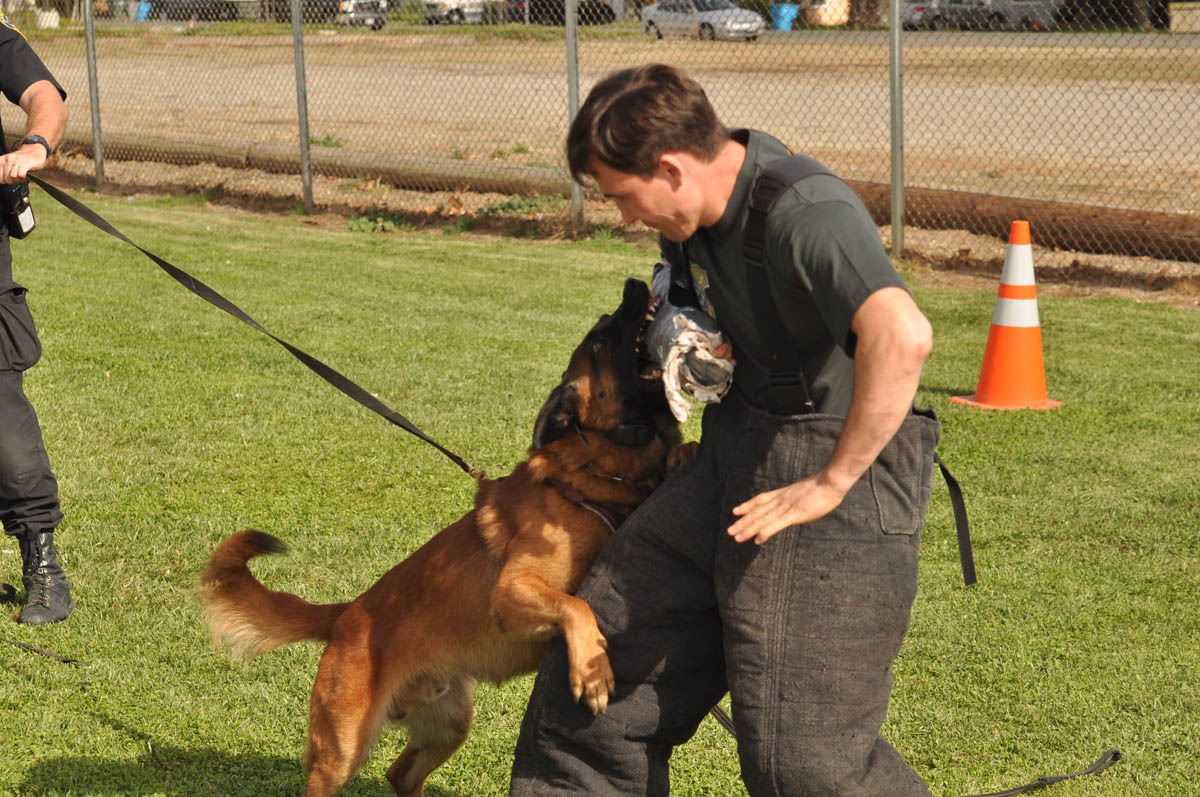Important Pet Dog Training Methods for a Life Time of Etiquette
Efficient pet dog training is foundational to promoting a mannerly companion that improves our lives. Important techniques, such as favorable support and constant command training, not only improve obedience yet likewise strengthen the bond in between owner and family pet. Understanding canine habits and employing socialization strategies can stop prospective issues before they emerge. Nonetheless, the journey doesn't finish with basic commands; attending to behavioral challenges calls for a nuanced method that several forget. What are the essential elements that can transform your training experience and make certain long-term outcomes?
Understanding Pooch Habits

In addition, understanding the inherent instincts and drives of a pet dog-- such as target drive, social communications, and territorial habits-- makes it possible for instructors to expect and handle specific habits. For instance, a pet dog with a strong prey drive might need different methods than one that is a lot more socially inclined.
Furthermore, early socialization and direct exposure to different environments substantially affect a dog's habits and temperament. Favorable experiences during critical developing durations can result in well-adjusted grown-up pet dogs, whereas adverse experiences might lead to anxiety or aggression.
Positive Reinforcement Approaches
Among the different dog training techniques, favorable support approaches stick out for their efficiency and capability to enhance the bond in between canine and trainer (Ohana K9 Academy). This strategy emphasizes fulfilling preferred actions instead of penalizing undesirable ones, promoting a much more cooperative and relying on connection
Favorable support can take many kinds, including treats, appreciation, playthings, or play. The key is to give instant incentives when the pet exhibits the desired actions, allowing them to make the connection in between the action and the positive result. For instance, if a pet rests on command, giving a reward right away reinforces that behavior, making it most likely to be duplicated.
Consistency is critical in positive reinforcement training. Trainers need to use the same cues and rewards to prevent puzzling the canine. In addition, visit site varying the rewards can maintain the dog's interest and motivation, transitioning from frequent deals with to occasional appreciation or play as the pet dog masters the behavior.

Fundamental Command Training
Building on the structure established via positive support approaches, fundamental command training serves as a critical action in developing an accommodating canine. This training generally includes important commands such as "rest," "stay," "come," and "down - Ohana K9 Academy." Each command plays an important function in fostering efficient communication between the pet dog and its owner, boosting the general bond
To start basic command training, select a silent setting without interruptions. Start with short, focused sessions lasting no more than 5 to 10 mins to preserve your dog's focus. Use high-value deals with as benefits, making certain the pet dog associates appropriate habits with positive results. When teaching a command, utilize a clear, consistent verbal sign accompanied imp source by hand signals to enhance understanding.
Persistence is critical; dogs may call for numerous repetitions to comprehend commands fully. Progressively raise the intricacy by presenting variants or disturbances as soon as your dog reliably responds. Normal technique enhances learned commands, strengthening them in your pet dog's actions arsenal. Eventually, fundamental command training not only promotes obedience yet also enhances safety and promotes pleasurable interactions during walks and playtime, preparing for advanced training methods in the future.
Socializing Techniques
In the realm of dog training, socializing strategies are necessary for cultivating a well-adjusted and certain canine buddy. Efficient socializing includes exposing your pet to a selection of environments, individuals, and various other animals in a controlled and favorable way. The primary purpose is to help your dog create a comfort level with diverse experiences, which can significantly decrease concern and anxiety in strange circumstances.
Begin socializing throughout the vital developmental home window of 3 to 14 weeks, when young puppies are most receptive to brand-new experiences. Introduce your dog to various setups, such as parks, urban locations, and homes with various other family pets. Make sure these encounters are favorable by using deals with and praise to enhance great habits.
Team training classes are a superb method to subject your pet to other pet try this dogs and people in a structured setting. This allows for supervised interactions, aiding your dog discover ideal social signs. Regular trips and playdates with genteel dogs can further improve social abilities.
Addressing Behavioral Concerns
Dealing with behavior concerns in dogs is a vital facet of training that requires an organized strategy and understanding of canine actions. Common concerns such as barking, chewing, aggressiveness, and anxiety can stem from different aspects, including lack of socializing, not enough workout, or even medical problems.

Furthermore, establishing a structured regimen that consists of routine workout and psychological excitement can substantially relieve behavior issues. Interactive playthings can maintain a pet dog involved and lower devastating propensities. In situations of serious aggression or stress and anxiety, speaking with a specialist pet fitness instructor or a vet behaviorist may be necessary.
Verdict
In final thought, effective canine training strategies, consisting of positive support, standard command training, and socialization, are important for fostering excellent behavior throughout a canine's life. Resolving behavioral concerns with a systematic method not just enhances obedience yet additionally strengthens the bond between dogs and their proprietors.